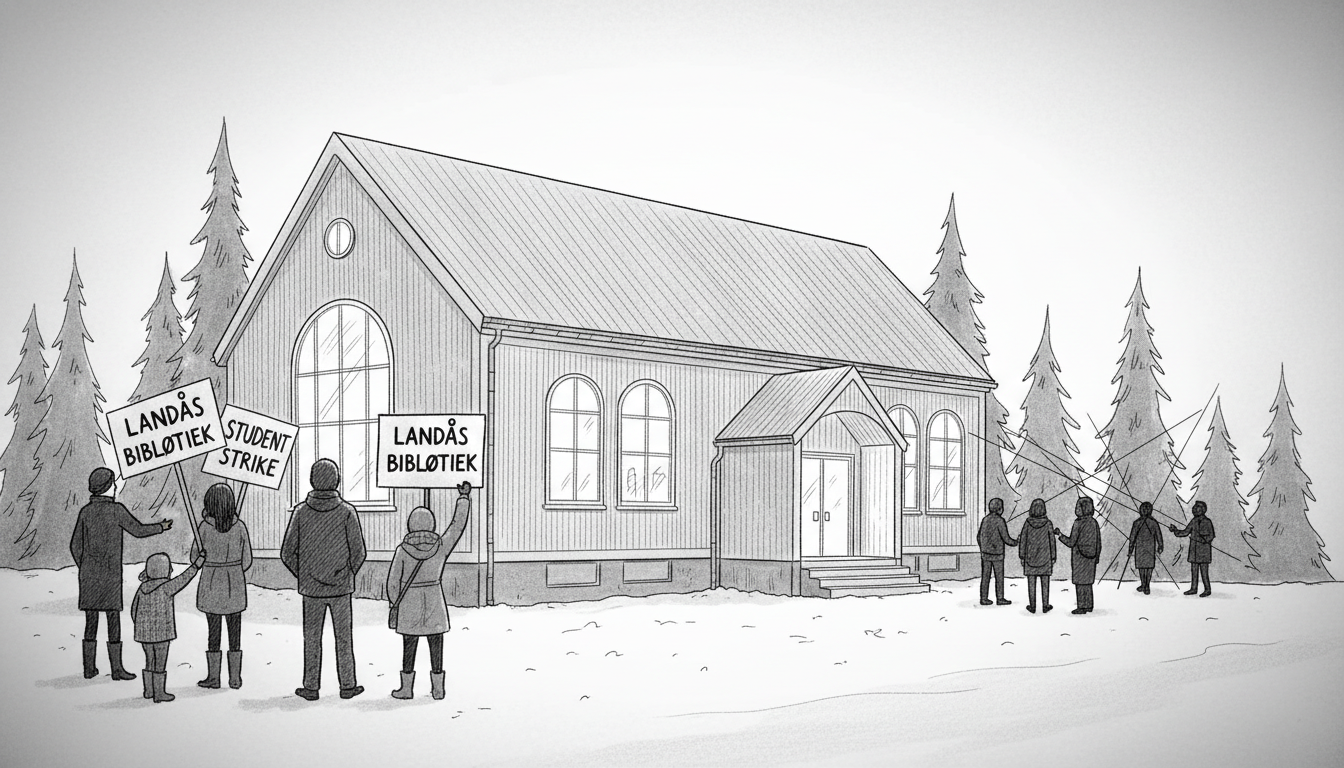Residents of Bergen's Landås neighborhood have launched a passionate campaign to save their local library from proposed budget cuts. Students organized school strikes and cultural council member Reidar Digranes faced vocal protests when he visited the area. The community engagement has been intense and widespread.
Several political parties supporting the city government now want to slow down the closure process. They recognize the strong public opposition to shutting down this vital community resource. The library serves as more than just a book-lending facility for this neighborhood.
Norwegian municipalities face regular budget negotiations that often target cultural institutions. Libraries frequently appear on cost-cutting lists despite their proven community value. The current proposal reflects broader tensions between fiscal responsibility and public service maintenance.
Bergen's political landscape makes this situation particularly complex. The city council depends on support from multiple smaller parties. When these supporting parties disagree with proposed cuts, they can force reconsideration of budget decisions. This gives community campaigns real political leverage.
Local libraries in Norway serve multiple functions beyond book lending. They function as community centers, study spaces for students, and digital access points for elderly residents. Closing a library often disproportionately affects vulnerable populations who rely on these services.
The Landås library situation mirrors similar battles across Nordic countries. Swedish and Danish communities have also mobilized to protect local libraries from budget cuts in recent years. These institutions remain surprisingly resilient despite digitalization trends.
What happens next depends on political negotiations and continued public pressure. The supporting parties pushing for delay could force the city council to find alternative savings. Community organizers plan to maintain their visible campaign through council meetings and public demonstrations.
Library closures often face stronger resistance in Norway than other budget cuts. Norwegians maintain strong attachment to their public library system, which consistently ranks among the world's best. The emotional response to potential closures reflects this cultural importance.
The outcome will test the balance between fiscal austerity and community values in Norwegian local politics. Similar decisions in other municipalities have sometimes been reversed after public outcry. The Landås case will likely influence future budget discussions across the region.

